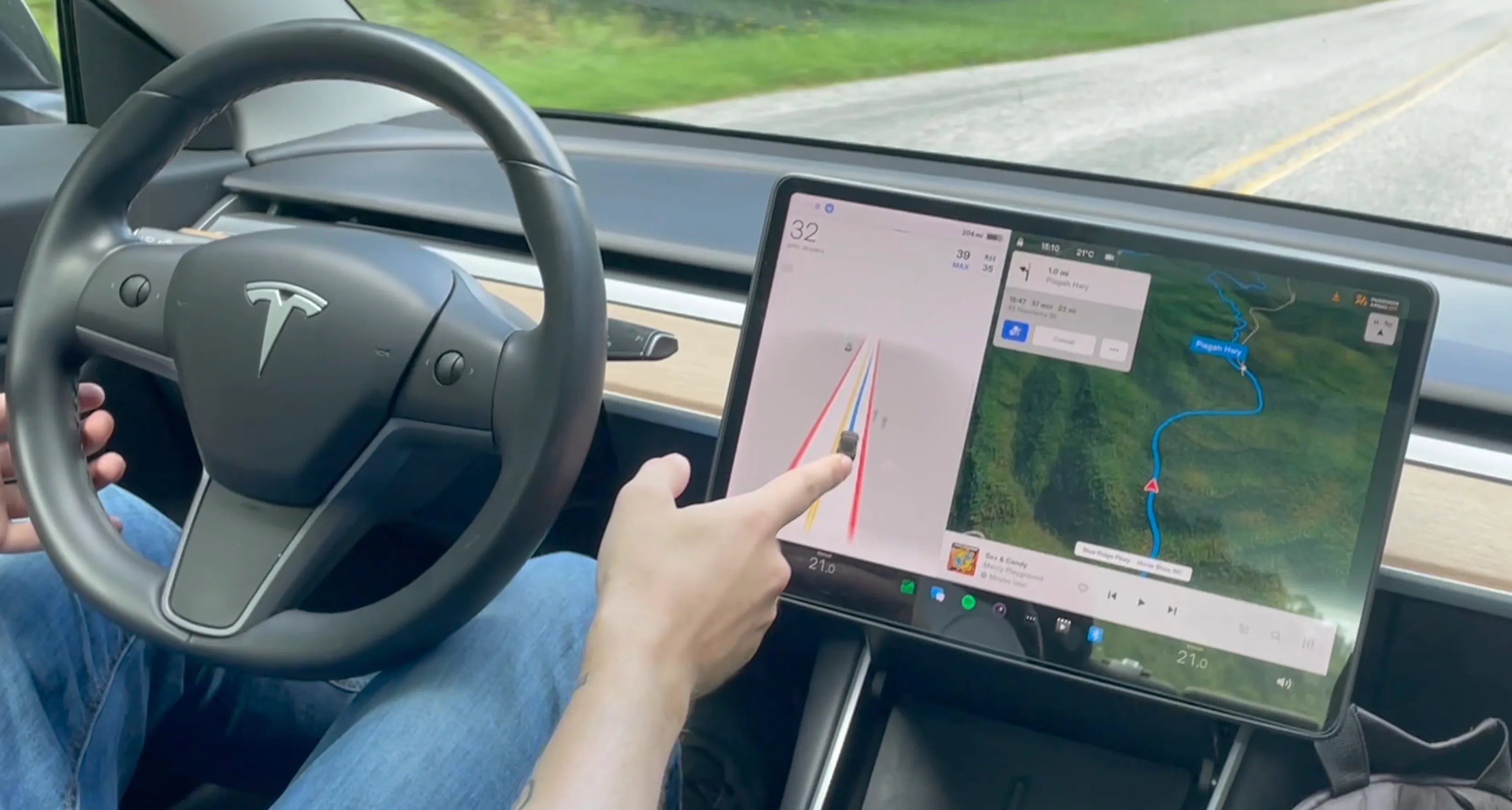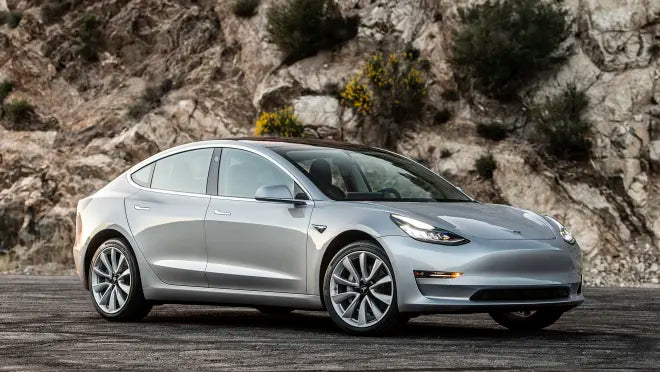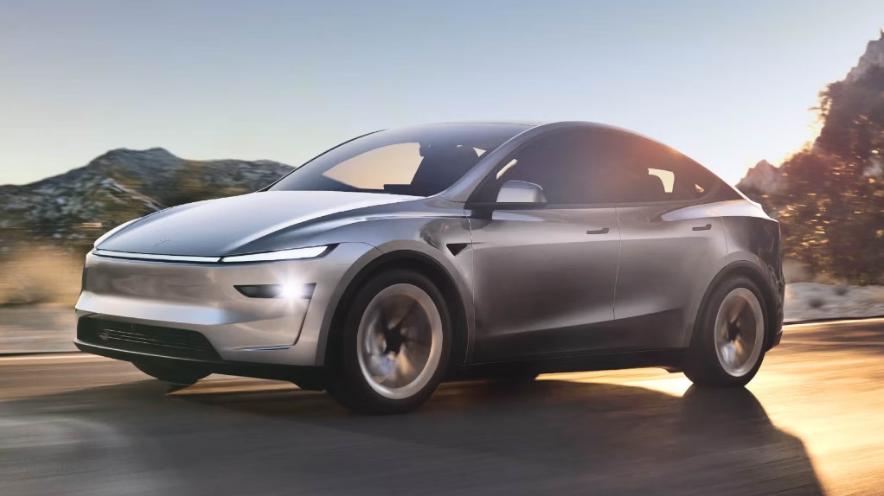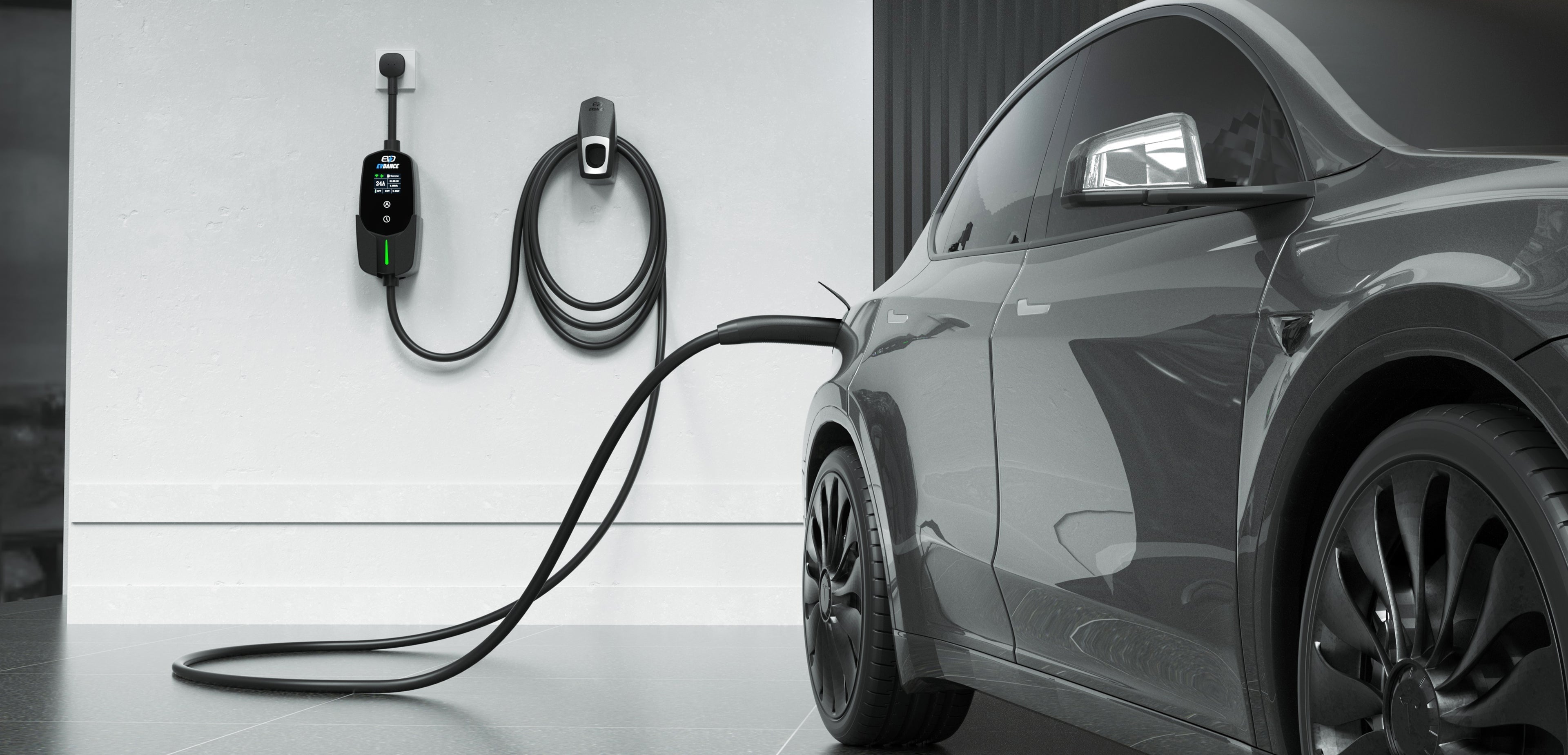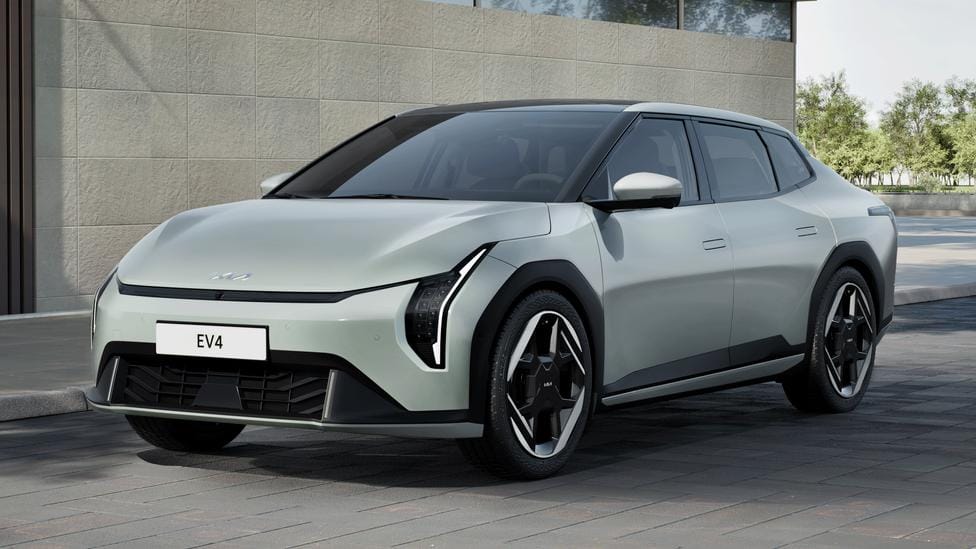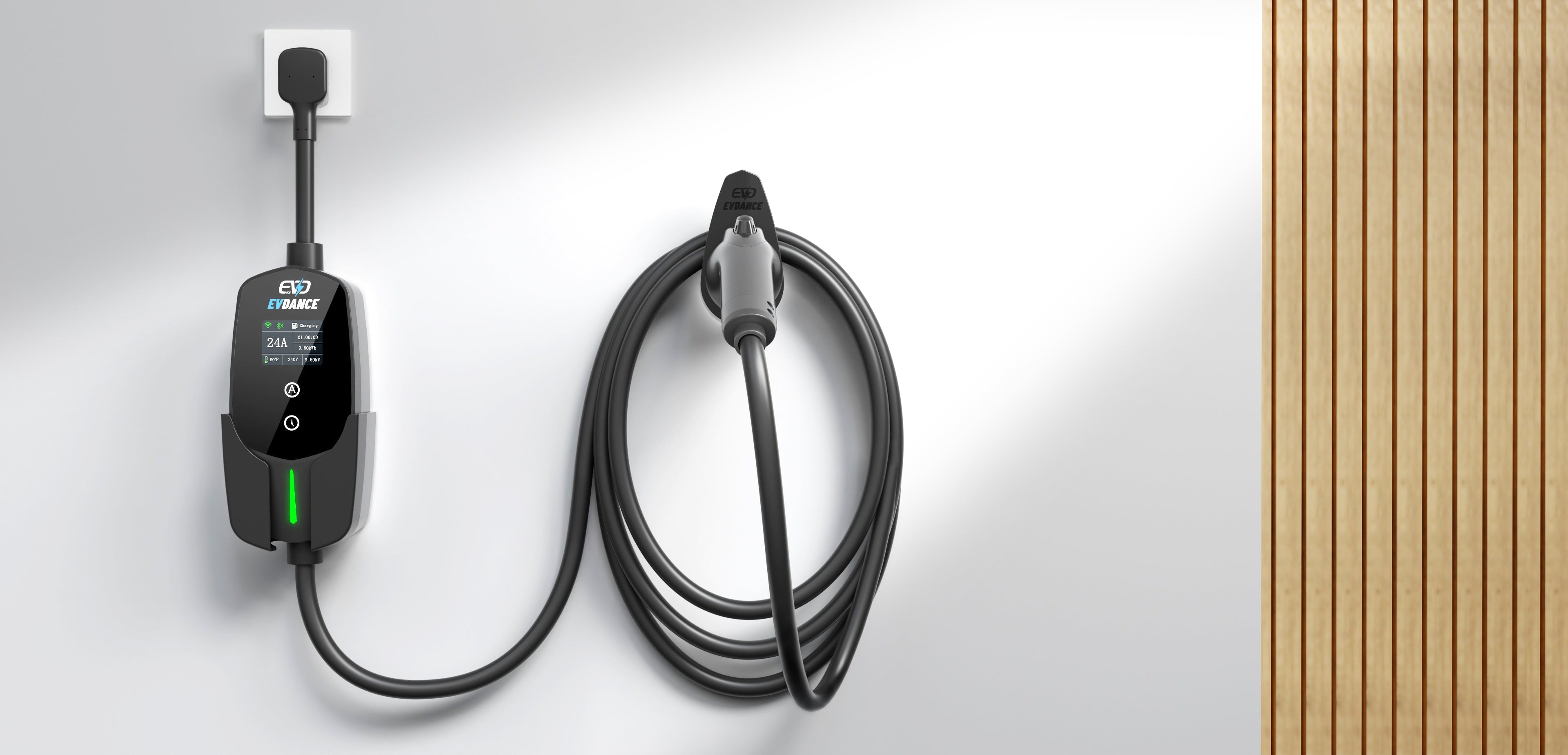Dieser ausführliche Leitfaden erklärt, wie der NEMA 14-30-Stecker effizientes und sicheres Laden von Elektrofahrzeugen zu Hause ermöglicht. Er behandelt Spezifikationen, Installationstipps, Ladegerätkompatibilität, Sicherheit und vergleicht den Stecker mit Alternativen wie NEMA 14-50. Außerdem enthält er 10 relevante FAQs.
Der Blog
- Alle
- Autonomous Vehicles
- Basic Introduction
- Battery Tech
- Buying Guide
- BYD
- Cadillac
- Charging
- China
- Elon Musk
- Ferrari
- Ford
- HOA
- Hyundai
- ICCU
- Industry Outlook
- Kia
- Mazda
- Model Comparisons
- Monthly EV Lease Deals
- Monthly EV Recommendation
- NEMA Plug
- Policies & Incentives
- Range
- Renault
- Repair & Maintenance
- RIVIAN
- Road Trip
- Sales
- Solar
- Subaru
- Tesla
- User Guide
- Volkswagen
- Volvo
- Xiaomi
Tesla Full Self-Driving (FSD): Technologie, Sicherheit, Regulierung und was als nächstes kommt
Diese ausführliche Analyse untersucht Teslas Full Self-Driving (FSD)-Programm hinsichtlich Technologie, Sicherheit, Geschäftsmodellen und Regulierung. Sie behandelt Wahrnehmungsstapel, neuronales Netzwerktraining mit Dojo, OTA-Updates, FSD-Beta-Funktionen und -Einschränkungen, rechtliche Risiken und Wettbewerbsstrategien. Der Artikel bietet praktische Anleitungen für Verbraucher und politische Entscheidungsträger und bewertet den realistischen Zeitplan für den Einsatz autonomer Fahrzeuge.
Tesla Model 3 – Der vollständige Käufer- und Besitzerleitfaden 2025
Einführung Als das Tesla Model 3 auf den Markt kam, stellte es die Vorstellungen über ein erschwingliches Elektroauto auf den Kopf. Auch 2025 bleibt das Model 3 eines der wichtigsten Elektrofahrzeuge der Welt: kompakt genug für den Stadtalltag, effizient genug...
Das Tesla Model Y hat sich vom faszinierenden Crossover-Debüt zu einer tragenden Säule des globalen Elektrofahrzeugmarktes entwickelt. Es vereint praktisches Design, große Reichweite, reibungslose Leistung und ein softwarebasiertes Fahrerlebnis, das sich stetig verbessert. Wenn Sie sich noch nicht sicher sind,...
So planen Sie einen Roadtrip mit dem Elektroauto ohne Reichweitenangst
Einführung Eine lange Autofahrt mit einem Elektrofahrzeug kann sowohl aufregend als auch einschüchternd sein, insbesondere wenn man erst kürzlich von einem Benzinauto umgestiegen ist. Die größte Angst neuer E-Autofahrer ist die Reichweitenangst – die Sorge, dass die Batterie leer ist,...
Alles, was Sie über den Tesla Wall Connector wissen müssen – und eine erwägenswerte Alternative
Da die Verbreitung von Elektrofahrzeugen (EV) immer weiter zunimmt, sind Ladelösungen für zu Hause wichtiger denn je. Eine der bekanntesten Ladelösungen für Elektrofahrzeuge ist der Tesla Wall Connector , ein leistungsstarkes, elegant designtes Ladegerät für zu Hause, das speziell für...
Dieser Artikel untersucht die beiden konkurrierenden Ladestandards für Elektrofahrzeuge in Nordamerika: CCS1 (J1772 für Wechselstrom und kombinierten Gleichstrom) und Teslas NACS-Anschluss. Er erläutert die physischen und funktionalen Unterschiede, welche Elektrofahrzeugmodelle NACS bereits über Adapter oder nativen Anschluss unterstützen und die erwartete branchenweite Einführung von NACS ab 2025. Er behandelt aktuelle Auswirkungen auf die Nutzer, Infrastrukturänderungen und die Vorteile der Konsolidierung für Automobilhersteller und Ladenetze. Praktische Anwendungsfälle und zukünftige Trends zeigen, wie sich Elektrofahrzeugbesitzer auf ein reibungsloseres Ladeerlebnis vorbereiten können.
Kia EV4 im Dauertest: 6.200 Meilen am Nürburgring, 95 % Batteriezustand, 70 % Garantie
In einem anspruchsvollen Haltbarkeitstest hat Kia seinen neuen EV4 10.000 Kilometer auf dem Nürburgring extremen Belastungen und Hypercharging ausgesetzt – und trotzdem war die Batterie noch zu 95 % funktionsfähig. Mit einer 70-%-Garantie nach 160.000 Kilometern beweist Kia, dass es ihm mit der Langlebigkeit seiner Elektrofahrzeuge ernst ist.
Seit seinem Amtsantritt im Jahr 2025 hat Präsident Trumps Kürzung der Subventionen für Elektrofahrzeuge Bedenken geweckt, dass Amerika im globalen Wettlauf um saubere Technologien hinter China und Europa zurückfallen könnte. Dieser Artikel untersucht, wie sich schwächere Anreize und verlagerte Investitionen auf die Wettbewerbsfähigkeit der USA bei der Einführung und Infrastruktur von Elektrofahrzeugen auswirken könnten, einschließlich wichtiger Bereiche wie mobile Ladegeräte und Level-2-Ladestationen für Privathaushalte.





